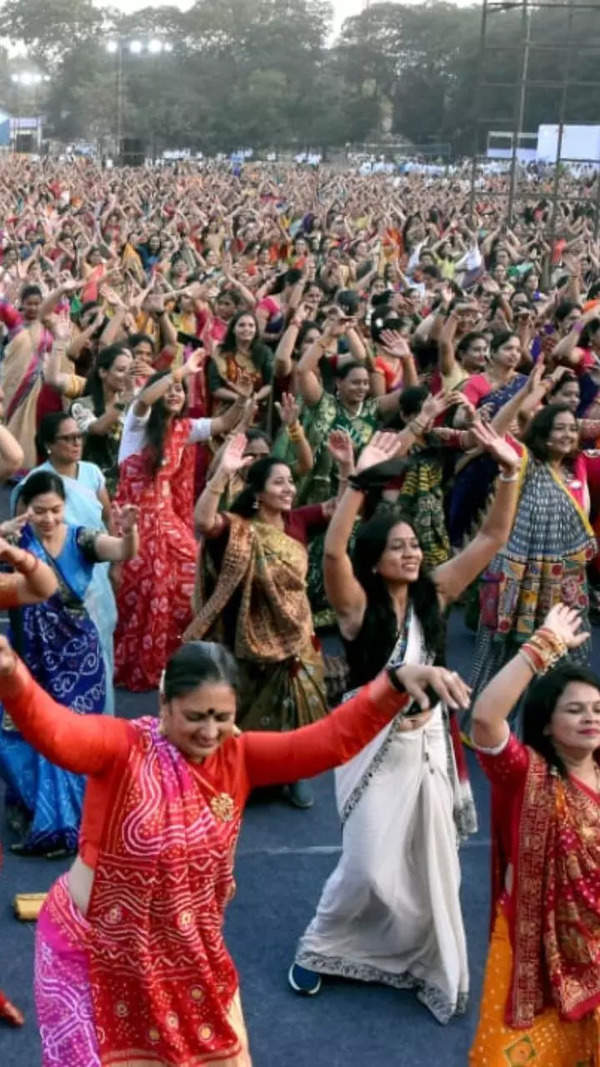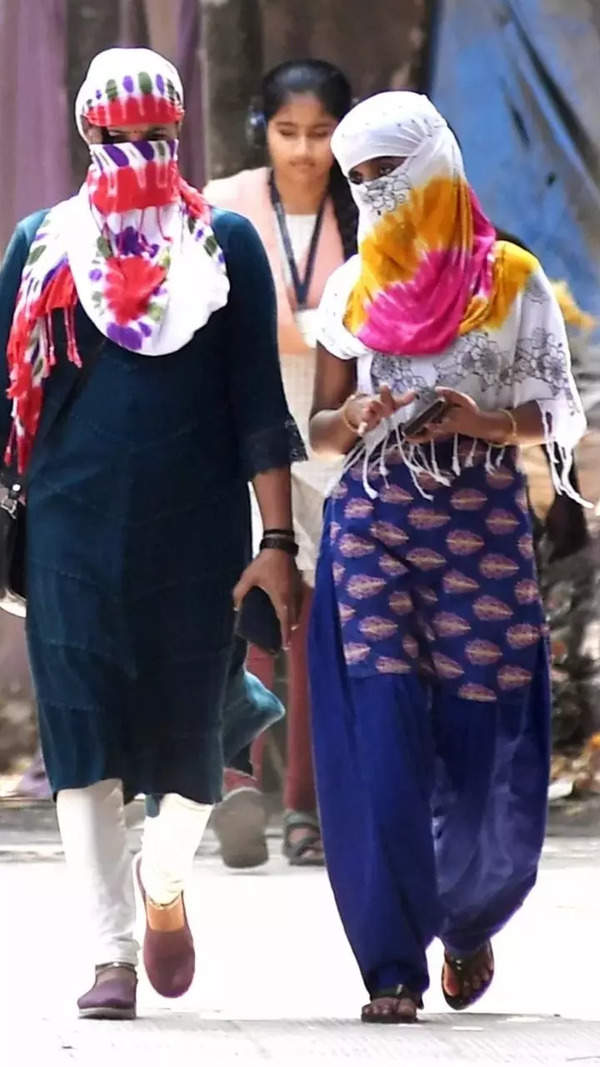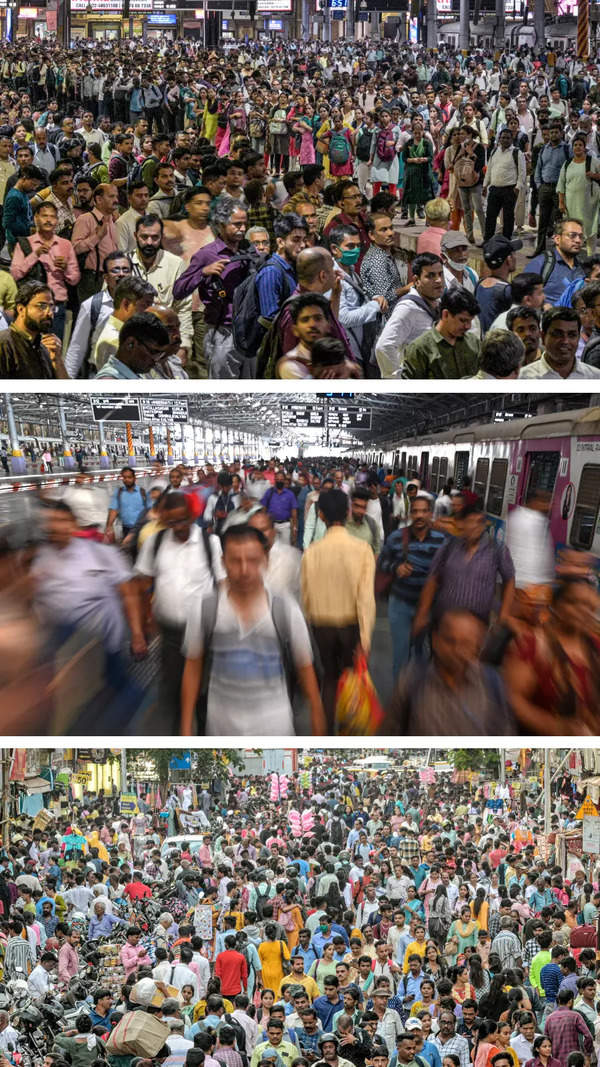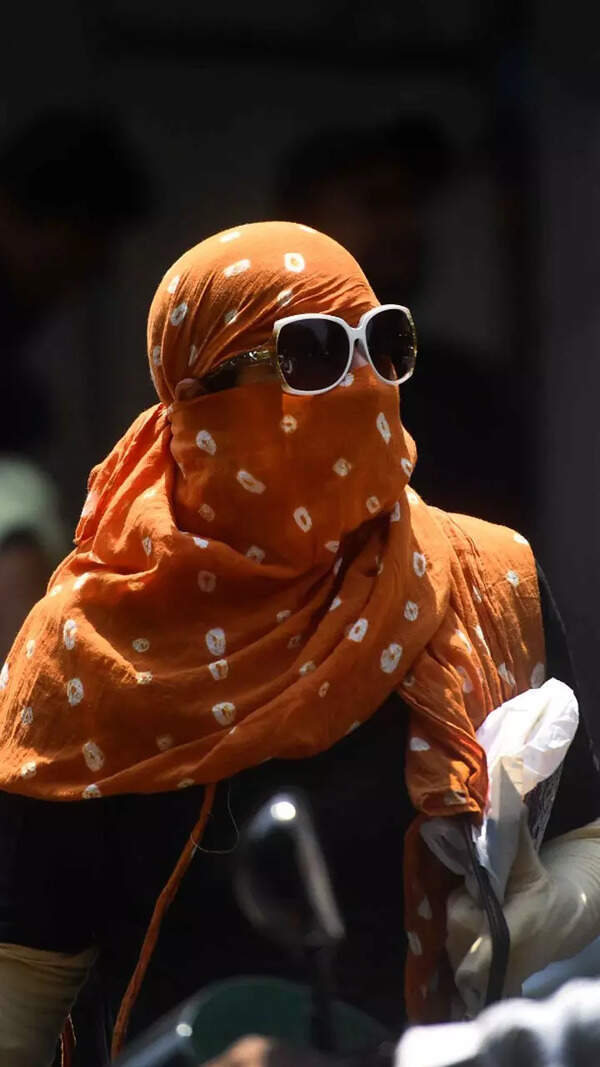Trending Topics
Devadasis pledge to stop dedicating girls to the practice

Panaji: Devadasis, originally from Karnataka but residing in Goa, on Sunday resolved that no girl from their community in Goa will be dedicated to the Devadasi tradition nor will any girl be allowed to engage in commercial sex work. About 100 Devadasis from Karnataka currently live in Goa.
The number of girls dedicated to the tradition between 2001 and 2010 was eight. The figure reduced to two between 2011 and 2022.
A study carried out by the NGO ARZ, which involved interviewing 55 Devadasis, determined that 25 (45%) Devadasis were dedicated to the tradition by mothers, 13 (24%) by both parents, 8 (15%) by grandmothers, and 9 (16%) by uncles and aunts. A majority of the girls were dedicated by their own mothers.
The number has dipped because of ARZ’s intervention in 1998 to eradicate the practice in Vasco, protests by local communities, police action, and the Goa Children’s Act which made the dedication a criminal act.
ARZ has held a programme to help Devadasis move away from commercial sex work in Goa, drawing about 35 women. The attendees also included members of NGOs and Devadasis Sangha of Karnataka.
Arun Pandey, the founder and director of ARZ, told TOI that a majority of the Devadasis, though living in Goa for over 20 years, do not get pensions under the schemes for housewives or widows announced by the Goa government.
Devadasis who are born and brought up in Goa, have been residing in Goa, and do not have property or relatives in Karnataka appealed to the Goa government to provide pensions and houses as the Karnataka government has done for their community there. The women said another option would be to grant pensions under the schemes for housewives or widows.
The number of girls dedicated to the tradition between 2001 and 2010 was eight. The figure reduced to two between 2011 and 2022.
A study carried out by the NGO ARZ, which involved interviewing 55 Devadasis, determined that 25 (45%) Devadasis were dedicated to the tradition by mothers, 13 (24%) by both parents, 8 (15%) by grandmothers, and 9 (16%) by uncles and aunts. A majority of the girls were dedicated by their own mothers.
The number has dipped because of ARZ’s intervention in 1998 to eradicate the practice in Vasco, protests by local communities, police action, and the Goa Children’s Act which made the dedication a criminal act.
ARZ has held a programme to help Devadasis move away from commercial sex work in Goa, drawing about 35 women. The attendees also included members of NGOs and Devadasis Sangha of Karnataka.
Arun Pandey, the founder and director of ARZ, told TOI that a majority of the Devadasis, though living in Goa for over 20 years, do not get pensions under the schemes for housewives or widows announced by the Goa government.
Devadasis who are born and brought up in Goa, have been residing in Goa, and do not have property or relatives in Karnataka appealed to the Goa government to provide pensions and houses as the Karnataka government has done for their community there. The women said another option would be to grant pensions under the schemes for housewives or widows.
Start a Conversation
FOLLOW US ON SOCIAL MEDIA
FacebookTwitterInstagramKOO APPYOUTUBE










